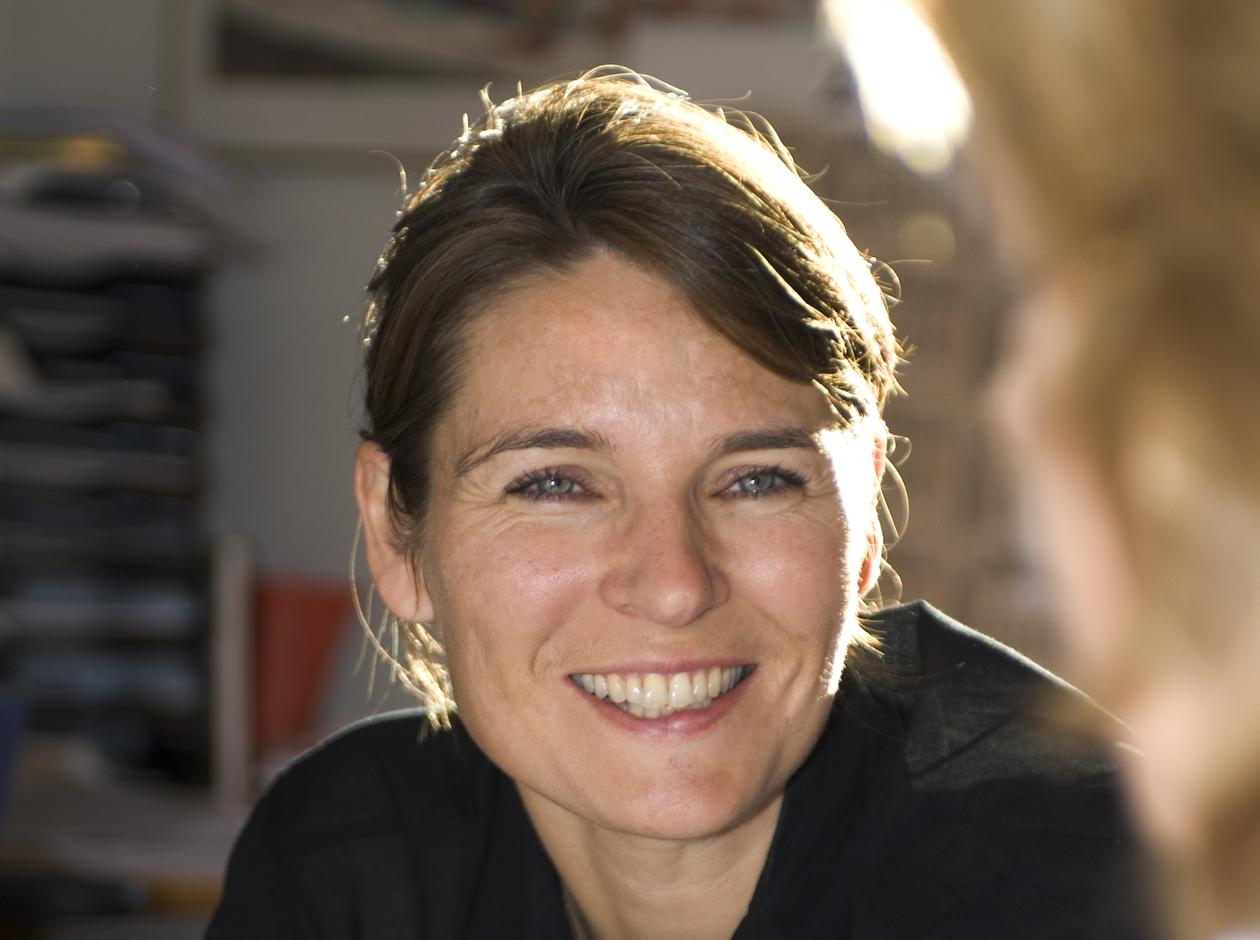Professor Marit Skivenes has been awarded the prestigious European Research Council (ERC) Consolidator Grant for the research project DISCRETION. She receives the grant to conduct ground-breaking research on discretionary decision-making in child protection systems.
Marit Skivenes is a professor at the Department of Administration and Organization Theory. She is the third University of Bergen (UiB) researcher to receive an ERC Consolidator Grant. The sole evaluation criterion for the grant is scientific excellence of researcher and research proposal. The grant amounts to 2 million Euros for a five years period.
Discretion and child’s best interest
The title of the project is “Discretion and the child’s best interests in child protection”. It addresses core themes in social sciences about a government’s use of power towards its citizens, and the justifications of state interventions into peoples lives.
“I aim to examine the quality of the discretionary considerations when the child protection system removes children from their parents,” states Skivenes about the project that has given her the ERC grant.
The black box of direction
“My ambition is to unlock the black box of discretionary decision-making in child protection cases,” explains Skivenes. “The project will conduct a comparative-empirical study of how discretionary decisions are made and justified in the best interests of the child.”
There are huge research gaps in this important area of the welfare state, with a great deal of uncertainty concerning how, when and why discretionary decisions about the child’s best interests are different between decision-makers within and between child protection systems.
The discretion dilemma
“The general problem with the exercise of discretion is that equal cases may be treated differently,” Skivenes points out. “Services, help and protection may then depend on the specific official one meets. Resulting in injustices and wrongful decisions – and lack of predictability for the citizens. The dilemma is that discretion is highly necessary but also highly problematic.”
She is excited about the prospects the ERC grant gives her for taking her research one step further.
“The ERC grant gives me the opportunity to realize my ideas and thinking about discretionary decision-making in welfare states,” says Skivenes. “I will develop a solid inter-disciplinary research program, and I also aim to create education courses on discretion and paternalism that I believe will be highly relevant for UiB students.”
Child protection research to the fore
A crucial question is how child protection decisions may be supported and guided to facilitate good judgments.
“Child protection is a particular interesting field for studying discretion and justifications, as the intrusive power of the state is at its most visible when it removes a child from its parents to protect the child’s interests. Few interventions are more necessary in some cases, and more damaging if unjustified,” says Skivenes.
Revealing the mechanisms
According to Skivenes, the main objectives for her project are to reveal the mechanisms for exercising discretion and to improve the understanding of the principle of the child ́s best interests.
These objectives will be reached by systematically examining the role of institutional, organisational and individual factors including regulations of best interest principles; professions involved; type of courts; type of child protection system; demographic factors and individual values; and the population’s view on children and paternalism.
Largest cross-national study
The project will, by conducting the largest cross-national study on decision-making in child protection to date, lift our understanding of international differences in child protection to a new level.
“The outcomes of this study are important because societies are at a crossroad when it comes to how children are treated and how their rights are respected. This creates tensions in the traditional relationship between the family and the state,” states Marit Skivenes.

